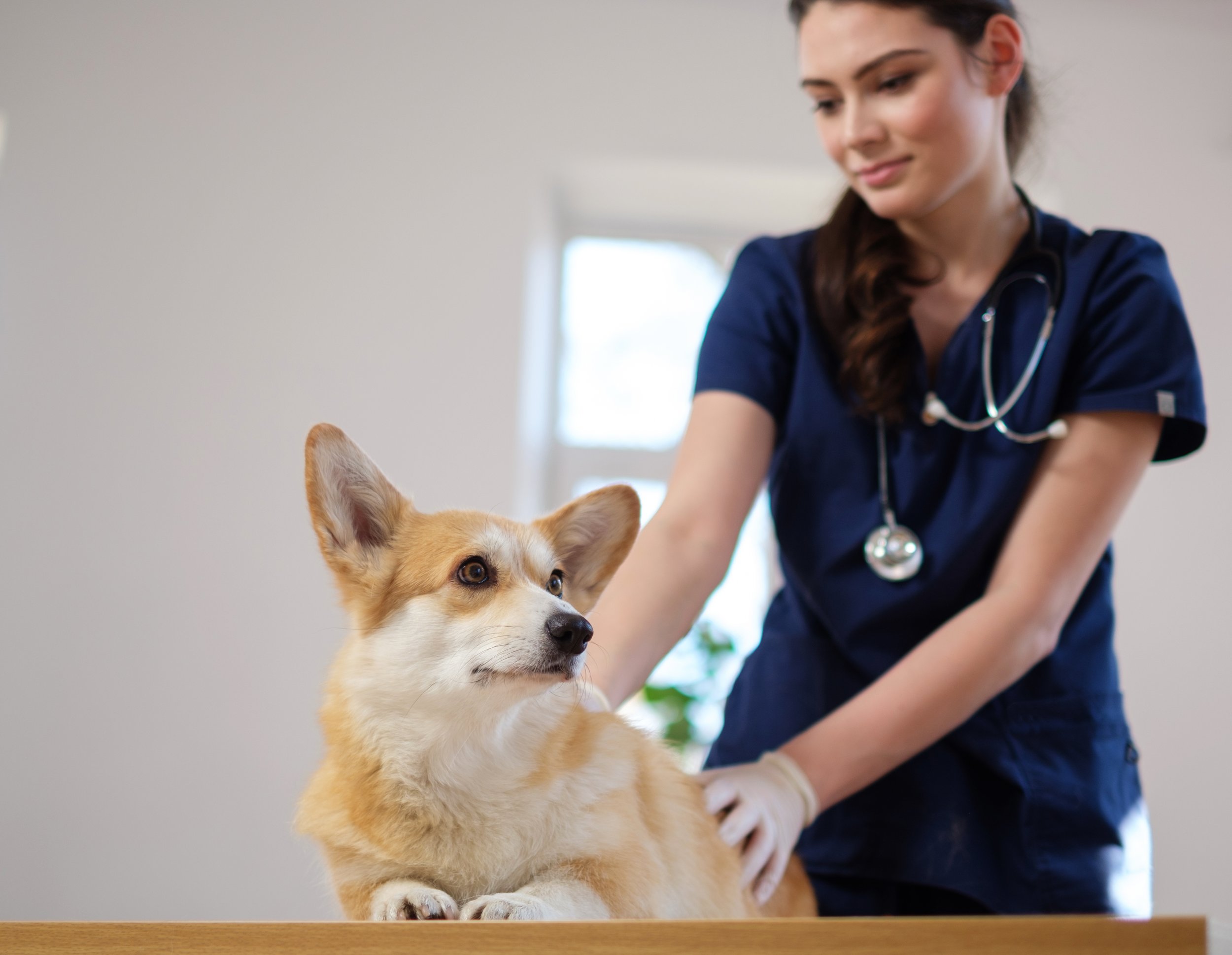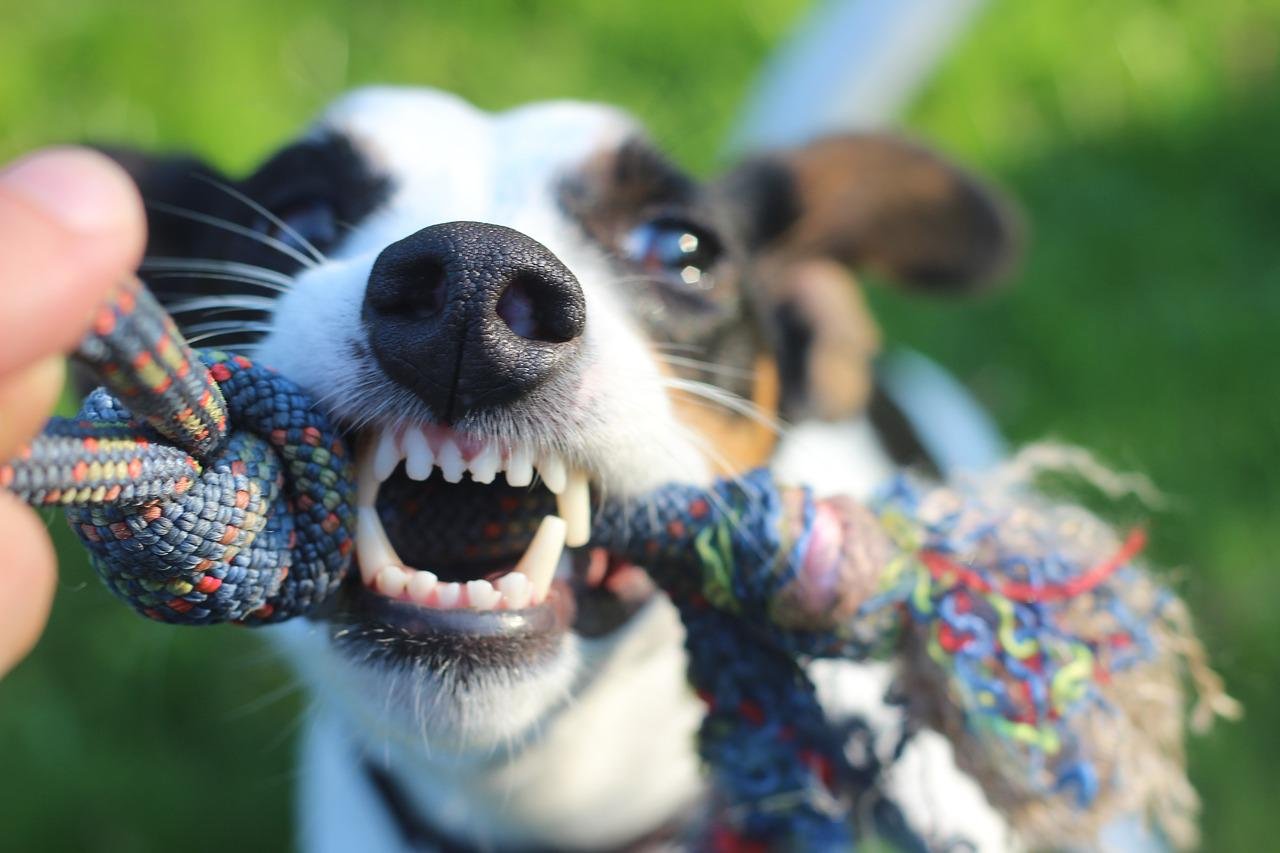
Dental care and surgery
Dental disease is one of the most common conditions in veterinary medicine.
More than 70% of dogs and cats over 3 years of age have a degree of dental disease: some with mild plaque and tartar build-up while the others may have periodontal and/or endodontic disease where tooth extraction is required.
Why is dental care important for pets?
Dental disease begins with a build-up of bacteria in your pet’s mouth. Bacteria, combined with saliva and food debris, can cause plaque to accumulate on the tooth. As calcium salts are deposited, plaque turns to tartar (brown or yellow material starting near the gum line of the tooth).
Without proper preventive or therapeutic care, plaque and tartar build-up leads to periodontal disease, which affects the tissues and structures supporting the teeth. Periodontal disease can cause oral pain, tooth loss and even heart or kidney problems.
How do I know if my pet has dental disease?
Common signs of dental disease, in order of severity, include:
Yellow-brown tartar around the gumline
Inflamed, red gums
Bad breath
Change in eating or chewing habits (especially in cats)
Pawing at the face or mouth
Excessive drooling
Pain or bleeding when you touch the gums or mouth
Does your pet have any symptoms of dental disease? It’s probably time to see a vet.
Your local animal dentist in Blackburn
At Blackburn Animal Hospital, we can treat dental disease in both cats and dogs and are fortunate to have digital dental X-rays in our clinic. Dental X-rays allow us to capture images of the interior of the teeth and gums. This helps identify problems such as cavities, tooth decay, impacted tooth, tooth root abscess and periodontal disease. As a result, we can visualise exactly what is happening under the gum and inside the tooth/teeth, and we can be certain whether your pet needs to have a tooth or multiple teeth extracted.
Dental procedures are performed with your pet under anaesthesia so they don’t feel anything. All of our patients also receive fluoride treatment at the end of dental surgery and once the teeth are clean and the gums are healthy, we provide practical advice to maintain dental health.


